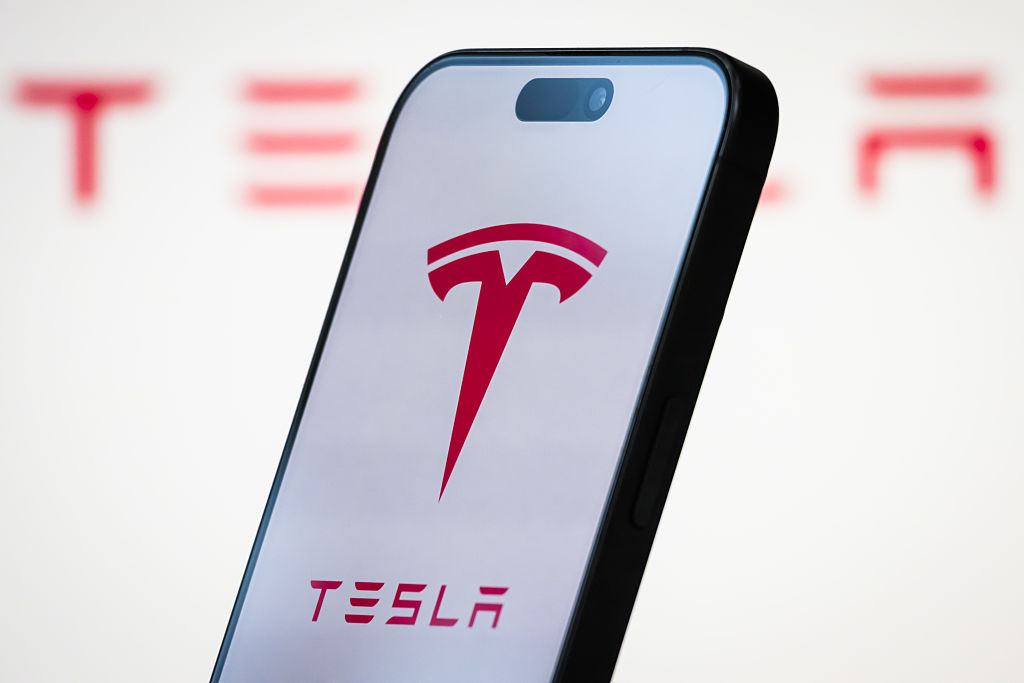Listing Billion Dollar Companies That Pay Less in Taxes than You
What Tax?: Listing Billion Dollar Companies That Pay Less in Taxes than You

When you look at your check after working 40 hours, you see gross pay, which is most likely what you assumed your check was going to be. Then there’s net pay, what you actually get after ‘Uncle Sam’ takes his cut.
But have you ever wondered why they take so much? and How you hear about wealthy people such as Elon Musk — a billionaire — paying little to nothing in taxes?
That my friend, is a strategic method the rich use called Tax Avoidance
What is Tax avoidance?
Tax avoidance is a practice utilized by many wealthy individuals to minimize the amount of taxes they owe to the government. It involves taking advantage of legal loopholes and deductions in order to reduce their taxable income. By doing so, these individuals are able to keep a larger portion of their wealth, allowing them to maintain their status.
One way that tax avoidance helps the rich stay rich is by allowing them to invest more money back into their businesses or assets. By avoiding hefty tax bills, wealthy individuals have more capital available for reinvestment, which can lead to even greater profits and financial success. This cycle of reinvestment allows them to continuously grow their wealth and maintain their status as part of the elite class.
With more money at their disposal, they can afford to hire top financial advisors and legal experts to help them navigate complex tax laws and find loopholes. This gives them an edge over smaller businesses or individuals who may not have access to the same resources, allowing them to maintain their dominant position in the market.
Not only does tax avoidance benefit individuals, but it also benefits large corporations. Many multinational companies engage in aggressive tax planning strategies that allow them to shift profits to low-tax countries and avoid paying taxes in higher-tax jurisdictions. This practice, known as corporate tax avoidance, has become a major issue globally.
Below are some business (and businessmen) who have paid less than $10 in federal income taxes.
Tesla in 2024 & 2022
AT&T in 2021
Nike in 2020
FedEx in 2020
Dish Network in 2020
Amazon in 2017-2018
Elon Musk in 2018
Jeff Bezos in 2007 & 2011
Carl Icahn in 2016-2017
MORE READS:
RELATED: Tesla Cybertruck Faces Fifth Update Within One Year
RELATED: Is Elon Musk And DOGE’s Massive Layoffs Hurting Black People?
RELATED: Amazon Initially Denied Paid Leave To Black Woman Employee Run Over, Shot In New Orleans Attack
What Tax?: Listing Billion Dollar Companies That Pay Less in Taxes than You was originally published on ronernbphilly.staging.go.ione.nyc





